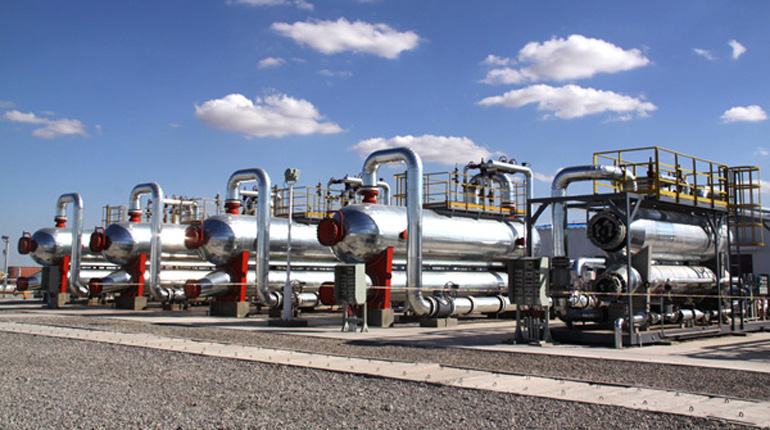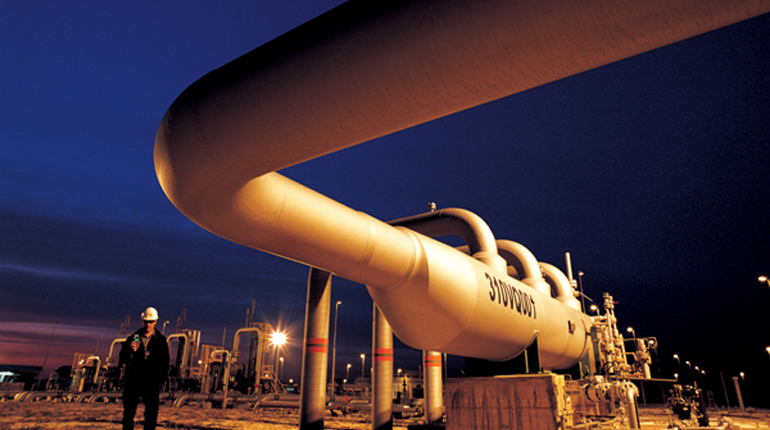Highlights
Economic overview
The UK’s referendum on its membership of the EU resulted in a vote to leave – creating political upheaval and financial uncertainty.
In the aftermath of the UK’s referendum and resulting vote for Brexit, some things remain remarkably unclear including what Brexit actually means and what will happen next. Following the result, Prime Minister David Cameron announced his resignation and Theresa May was formally appointed as his replacement less than three weeks later. As an unelected prime minister, May immediately faces challenges to her authority. However, it remains unclear whether there will be a snap general election, in which May could secure support for her new government. What is also unclear is the process and timing for triggering Article 50, which would start the legal procedure for the UK leaving the EU. Following the referendum, different ideas have emerged about what the UK might want from its new relationship with the EU, but clarity on what the government hopes to achieve has not.
GDP forecast
| 2013 | 2014 | 2015 | 2016 | 2017 | |
| France | 0.6% | 0.6% | 1.2% | 1.4% | 1.5% |
| Germany | 0.4% | 1.6% | 1.4% | 1.6% | 1.7% |
| Italy | -1.8% | -0.3% | 0.6% | 1.0% | 1.4% |
| Netherlands | -0.4% | 1.0% | 2.0% | 1.7% | 2.1% |
| United Kingdom | 2.2% | 2.9% | 2.3% | 1.7% | 2.0% |
| Spain | -1.7% | 1.4% | 3.2% | 2.8% | 2.3% |
| Euro area | -0.3% | 1.0% | 1.6% | 1.6% | 1.7% |
The vote had short-term economic consequences in the UK, Europe and farther afield. The value of the pound dropped to its lowest point in 30 years and markets across the world fell. Following the referendum, the International Monetary Fund (IMF) lowered its forecast for GDP growth in the eurozone. The IMF had forecast the bloc’s GDP to grow by 1.7% this year, but the forecast is now for 1.6% growth in 2016 and 1.4% in 2017. GDP growth of 1.7% in 2016 and 1.3% in 2017 is forecast for the UK.
How things will settle in the mid-to-long term will hinge on what the UK decides to do next and how its relationship with the EU progresses. The threat of other countries leaving the union – including the Netherlands, Austria and Belgium – is continuing to unsettle Brussels and the outlook for the region. Whatever happens next with the UK could influence how the EU manages it membership in the future. If the UK does completely exit the EU and the European Economic Area, it will have consequences for its gas supply trade (see GGA Research Note: The implications of Brexit, June 2016).



